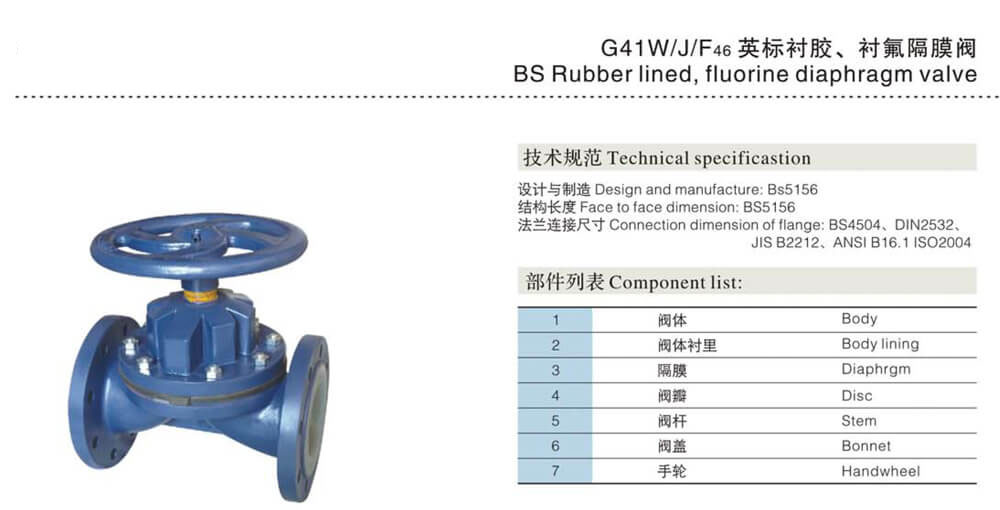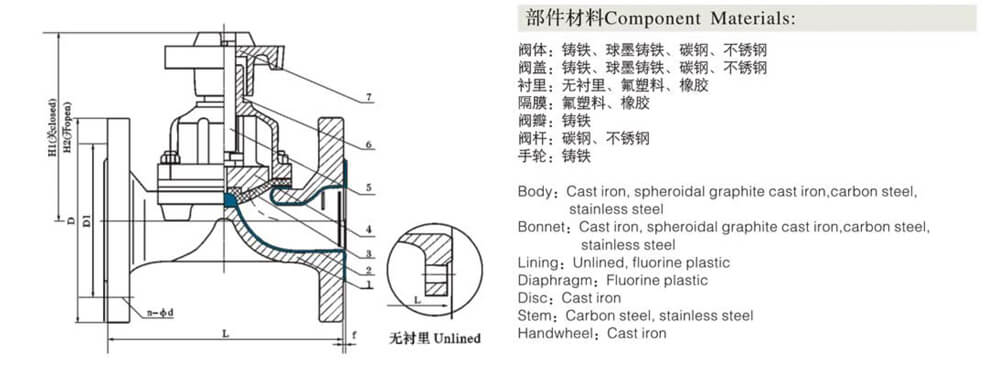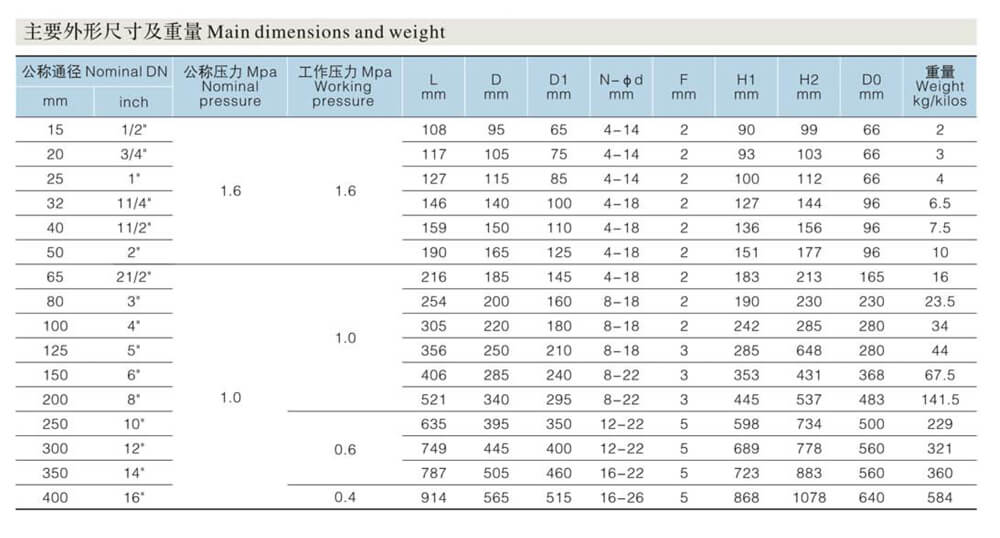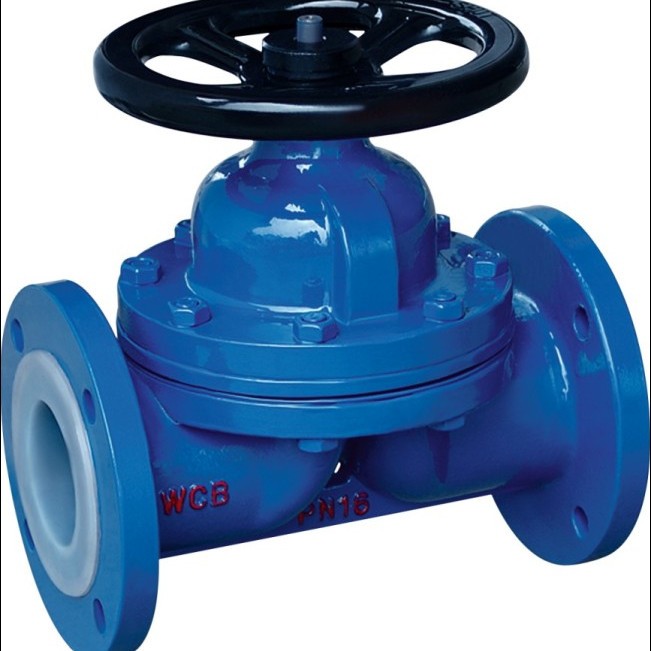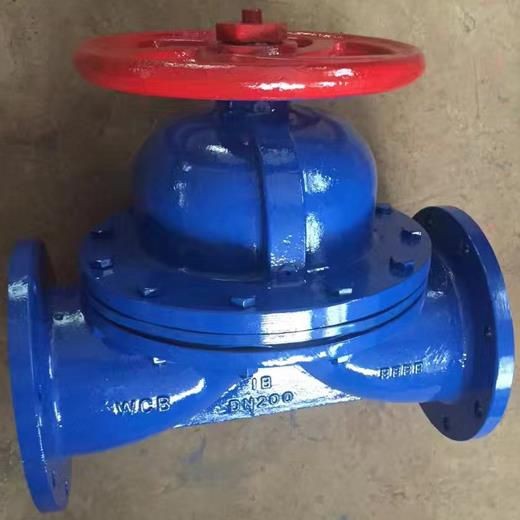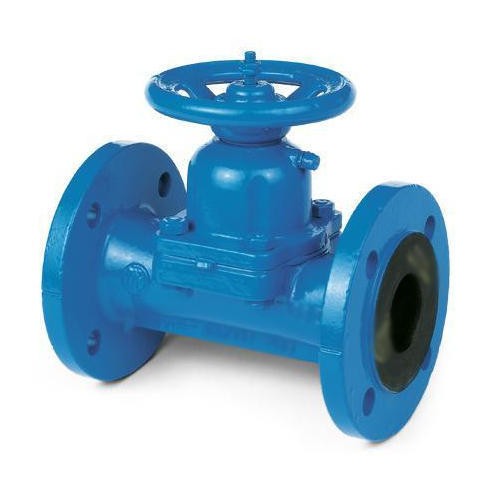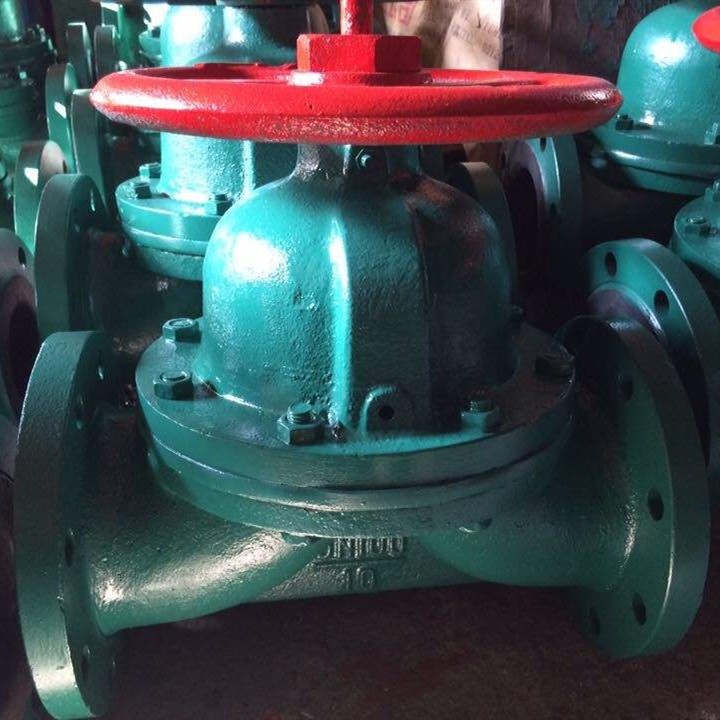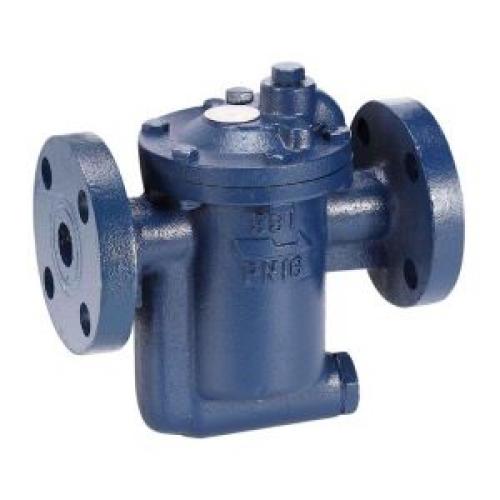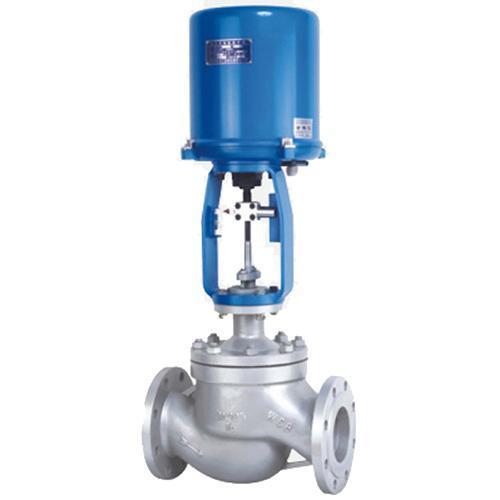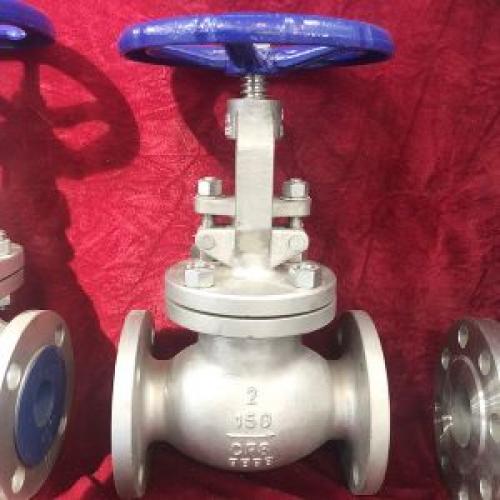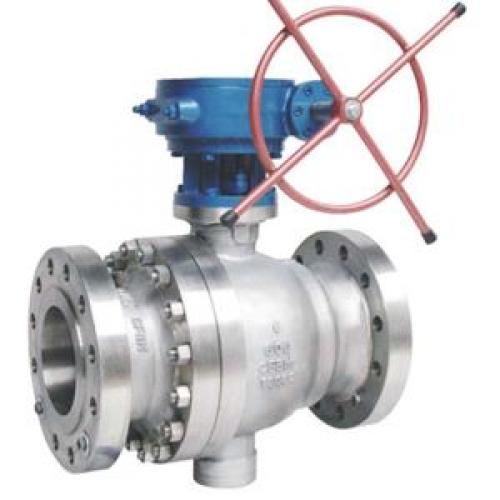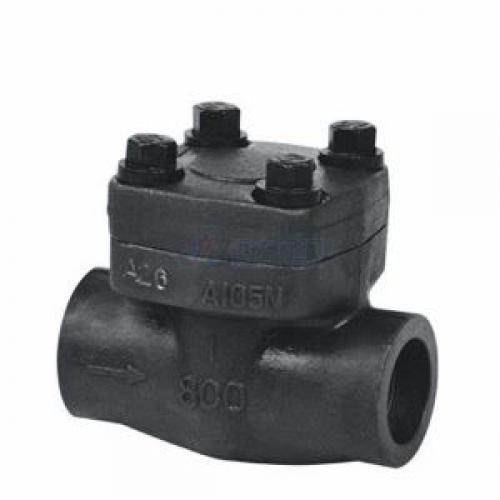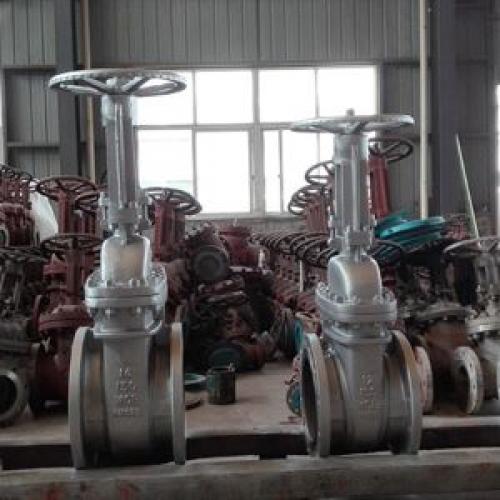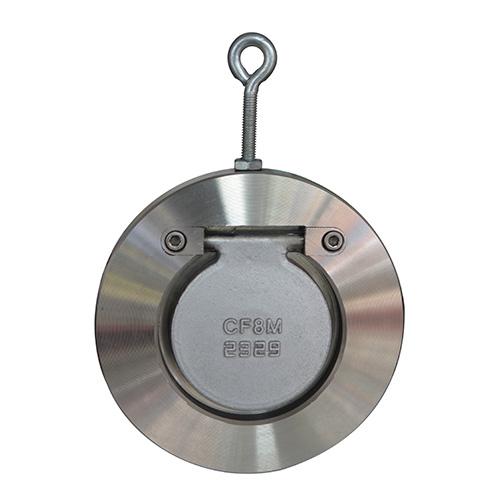Description
Rubber,PTFE,PFA,F46 lined Diaphragm Valve
Weir type diaphragms are specifically designed for applications that comprise to handle corrosive, erosive, or contains solids media. The weir type valves can be used as a replacement for normal type valves that may get clogged due to the movement of the harsh media. They are also recommended for food-processing applications because the body is self-draining.
Features of Weir Type Diaphragms
Weir Type Diaphragm Valves offer secure and leakage free operations. Weir-type bodies have bonnet assemblies for handling dangerous liquid or gas.Technical Specifications of Weir Type Diaphragms
The weir-style diaphragm valve is used effectively as a control valve or where manual throttling of a fluid is desired.Body End Connections: Screwed, flanged end connections to suit UK, European, USA specifications.
Size Range: DN15 to DN350
Temperature Range: 10oC to 175oC
Diaphragm Materials: Natural and synthetic rubbers, nitrile, butyl, viton, hypalon and PTFE faced materials.
Weir: The Weir design reduces diaphragm travel for extended service and fine control.
Benefits of Weir Type Diaphragm
The weir type diaphragm provides a variety of benefits to users and applications:
Reduced leakages in applications.Weir type bodies can be lined with glass, PFA, ETFE, PVDF, Halar, Polypropylene, and various elastomers.
Diaphragm repair or replacement can be done without interrupting pipeline operation.
The diaphragms can be installed in to valves that comprise screwed flanged end connections. Thus, the diaphragm can be used in valve applications in America as well as abroad.
Applications of Weir Type Diaphragms
Weir type diaphragms are typically used for the following application materials.
Butyl:
Acid and alkalis
Sulfuric acid
Hydrochloric/hydrofluoric/phosphoric acids
Natural Rubber polyisoprene:
Abrasives
Inorganic salts
Mineral acids
Ethylene Propylene:
Chemical resistance to most fluids except alkali metal and chlorine
Fluoro Elastomer:
Chlorine
Acetone
Sulfuric acid
Paraffinic and aromatic hydrocarbons
Chlorosulponated polyethylene:
Good acid and ozone resistance certain chlorine services
Isobutylene Isoprene:
Hot Water Services
Steam Sterilizations
